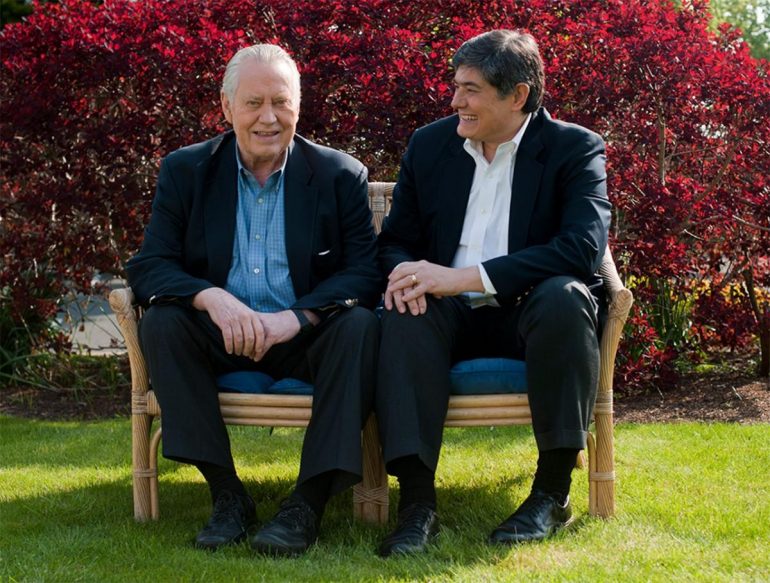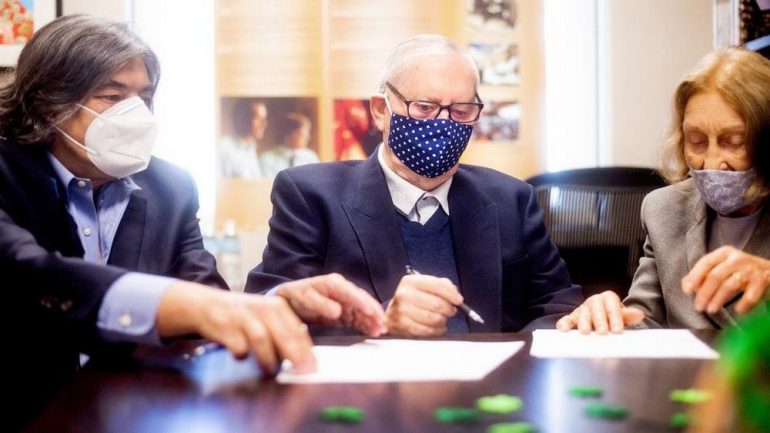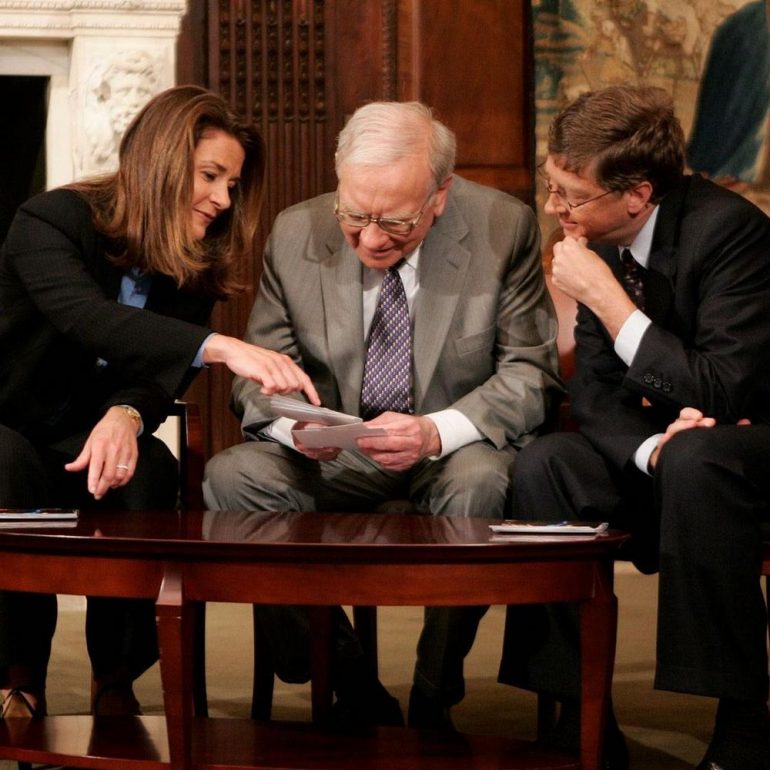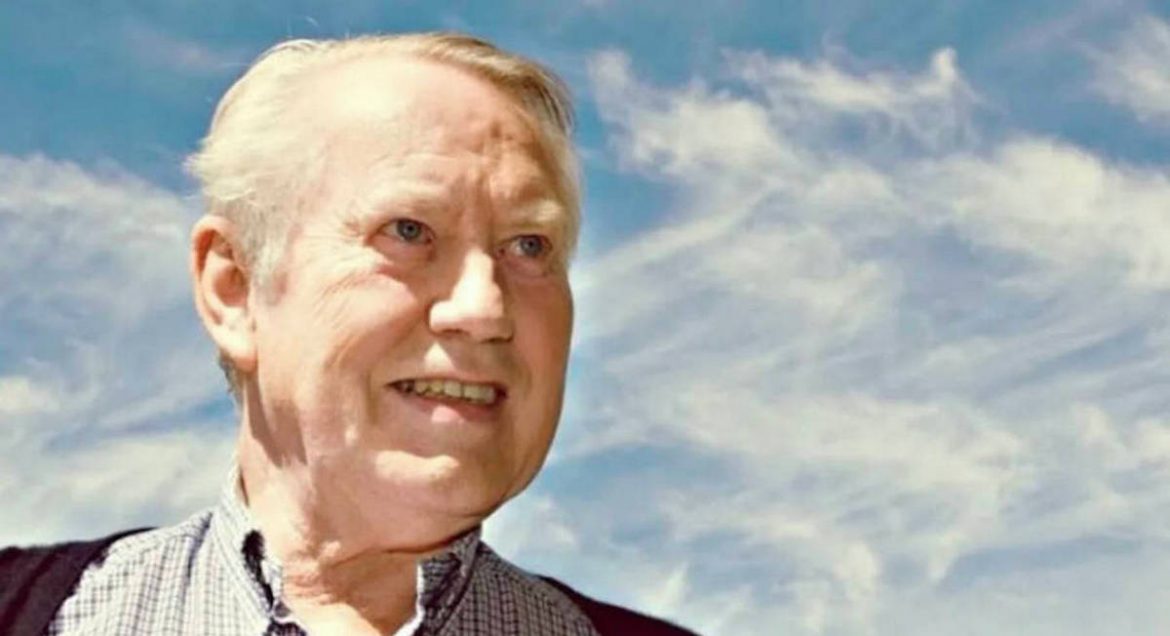When you think of the secret lives of billionaires, you imagine their participation in ritualistic gatherings of the elite, intimate indulgences that the average joe wouldn’t fathom, and sometimes, we even conjure up hypotheses involving their contact with the extra-terrestrial. What sets the secret life of a former billionaire, Chuck Feeney, apart lies in his strategy to make wealth a lesser burden to carry. Passionate about growing his wealth only so that he may be able to give it all away to causes that needed it is what branded him as the ‘James Bond of Philanthropy’ by Forbes Magazine. He has sparked the idea of ‘Giving While Living,’ which could be catching on with other billionaires. Isn’t that the only way they can rest in peace knowing that their contributions to charity have met their intended destinations?

Feeney was born in an Irish-American neighborhood in Elizabeth, New Jersey; he started his commitment to society by working as a radio operator in the Air Force. In 1960 he attended Cornell University on the G. I. Bill, which supports the readjustments of armed forces into civilian life. He partnered with a friend to set up DFS, which would operate a string of duty-free shops at airports to sell alcohol and exclusive cigars. This is where he first saw his wealth boom and then invested in technology start-ups via Atlantic Philanthropies. The setup went on to provide early funding for Facebook, Alibaba, and E-Trade, to name a few.
All through his years of wealth, he never had his name scrawled in gilded type across towers, planes, or even political campaign banners. He preferred to work behind the scenes and stay below the radar, pursuing his quest for amassing wealth and enjoying business success. He has found joy in burgers at Tommy Makem’s Irish Pavilion on East 57th Street, New York. He’d carry classified and precious documents in a plastic bag and would often travel in economy class. “You can only wear one pair of pants at a time,” he once said.

Through his relentless quest of giving away his wealth to philanthropy, Feeney has so far contributed nearly $8 billion over the 38 years that he has been in his line of work. Now 90, Chuck has seen his wealth shrink down to a couple of millions and then some, as he waits out the rest of his days, beaming over the good he managed to stir in this otherwise self-centered world. Today, The Atlantic Philanthropies is one of the largest private charitable foundations in the world, which has made a major impact in Nothern Island’s Bill of Rights being developed and promoted for citizens, invested $1 billion in the Republic of Ireland towards third-level education funded a medical center at the University of California and HCAN. The foundation’s most notable act of charity was the $350 contribution to Cornell University to build Cornell Tech. They even supported the development and infrastructure in Vietnam from 1997 to 2013 through a contribution of over $380 million.
While some of us read about the amazing human being that Feeney was, we’d think that parting with a few billion wouldn’t be that big a deal. But giving nearly everything away before you die to make sure you have sufficient means to pull through in a rented apartment with your partner is more than sacrificing your possessions. It’s about sacrificing the assurance of a multi-insulated future that is lined with redundancies for an unpredictable future. That’s what Chuck gave up.

Atlantic Philanthropies was founded in Bermuda in 1982 and made its first grant for Cornell University in that very year, amounting to $7 million. This shows the early eagerness of Feeney to act out the philosophy that he today offers other billionaires. Here’s a rare case of a billionaire who channeled his earnings to a charitable organization without expecting anything in return and without holding too many assurances close to his chest. Our world will not be in need of financial aid.

Many would marvel that Feeney’s selfless act has inspired the likes of Bill Gates and Warren Buffet to give away at least half of their wealth through the Giving Pledge. “I remember meeting him before starting the Giving Pledge,” Gates said. “He told me we should encourage people not to give just 50% but as much as possible during their lifetime. No one is a better example of that than Chuck. Many people talk to me about how he inspired them. It is truly amazing.”









